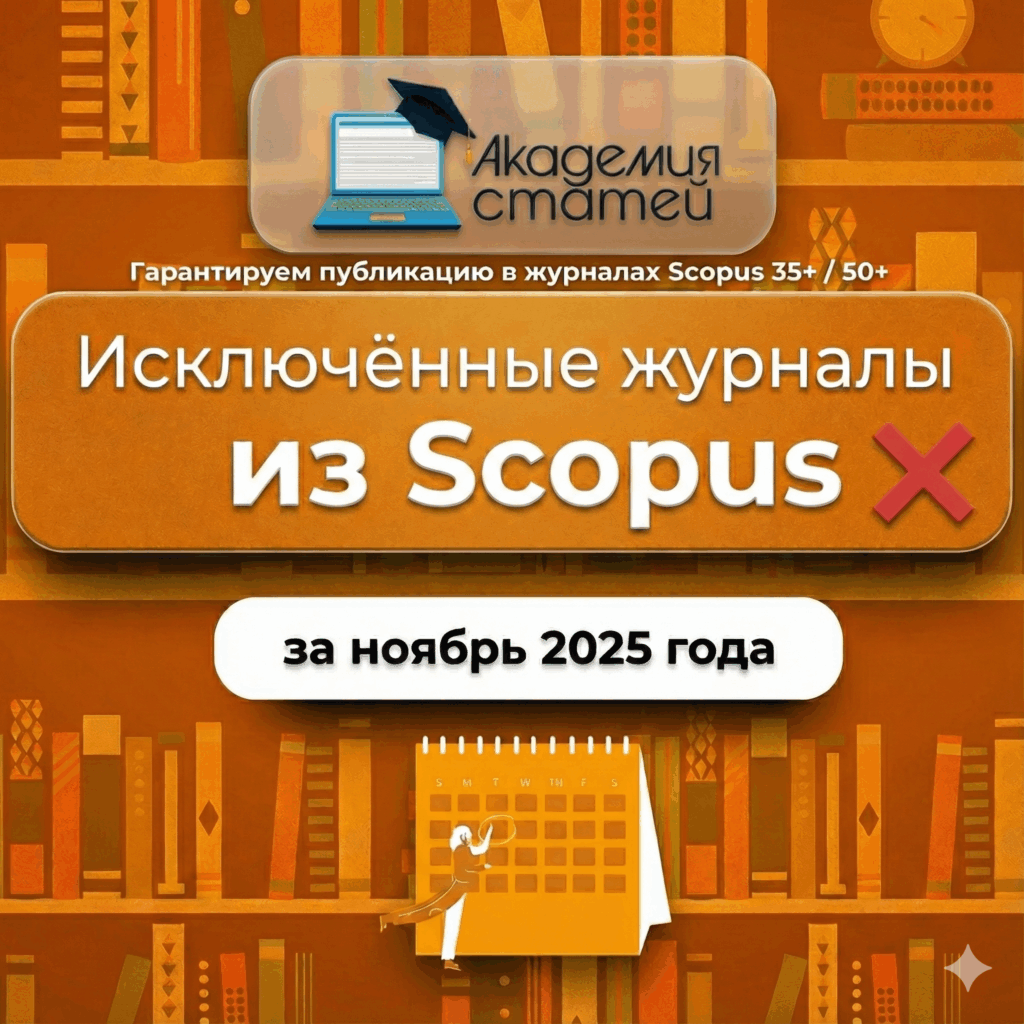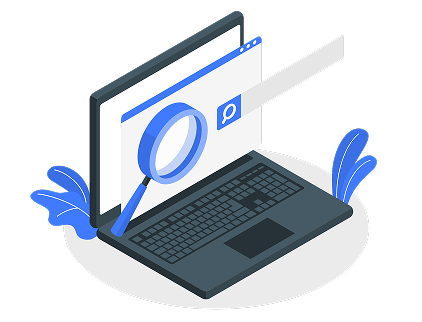The international resources Web of Science (WOS) and Scopus (SciVerse Scopus) are the most authoritative search platforms where scientific articles, publications, bibliographic and analytical materials are posted.
The WOS online journal covers disciplines from engineering and applied sciences (251 TP3T), humanities (301 TP3T), and natural sciences (approximately 451 TP3T). Unlike WOS, the Scopus journal does not include content in the humanities and arts, but includes approximately 171 TP3T publications in social sciences and 831 TP3T publications in natural sciences and engineering. Scopus reviews more than 5,000 scholarly publishers and approximately 24,000 journals worldwide.
Speed and timing of article indexing
The process from review and approval of an application to indexing an article in a scientific journal, Web of Science or Scopus, typically takes 60-90 days, depending on the publication's subject matter. However, this timeframe is arbitrary, and in practice, it can extend for six months or even a year. There are logical and objective reasons for this. Web of Science and SciVerse Scopus journals are interested exclusively in high-quality content, which explains their rigorous selection and meticulous review of materials. Therefore, authors must be diligent in preparing and adapting their material to a specific publication, as returning an article for revision and editing will prolong the already slow indexing process.
So, the article has passed the review, and the author has received notification that the publication has already been assigned to a specific category and issue. The publication then sends the article to the author in PDF format for a final content check for errors and the accuracy of the information provided. The indexing starting point is the official date the publication is posted on the publication's website.
What factors influence the speed of article indexing?
The process of indexing articles on platforms is continuous, and the speed depends on a number of factors:
- Frequency of publication and functional activity of the journal.
- Content topics (technical and natural science topics are indexed faster, since they cover fewer scientific publications, and there are correspondingly fewer applications for publications);
- The status and rating of the journal (there are always more applications for placement in the Q1 category than in Q4).
- Internal policy of a scientific publication, algorithm of verification processes.
- Time of year (publication activity is seasonal, which may delay the review period).
- The author's literacy and skills in drafting accompanying documents and business correspondence.
- Submission dates for articles to be published in the journal (beginning or end of the current month).
Force majeure situations, which no publication is immune to, can also impact indexing speed. Therefore, authors should anticipate all risks and consider the above factors in advance to speed up indexing in Scopus and Web of Science. They should be prepared for the possibility that after initial approval and even publication, an article may be retracted if there are compelling grounds for doing so. After all, the database, not the journal, is responsible for indexing.
If your article is not indexed for a long time, you should contact technical support, indicating the full name of the author (co-author), date, category, and issue number of the publication where the material was assigned.
"Article Academy" provides article publication services in Scopus and Web of Science. We have mastered the process of preparing scientific articles and supporting documentation, understand the publication and review processes, and are skilled in topic selection and citation optimization.





